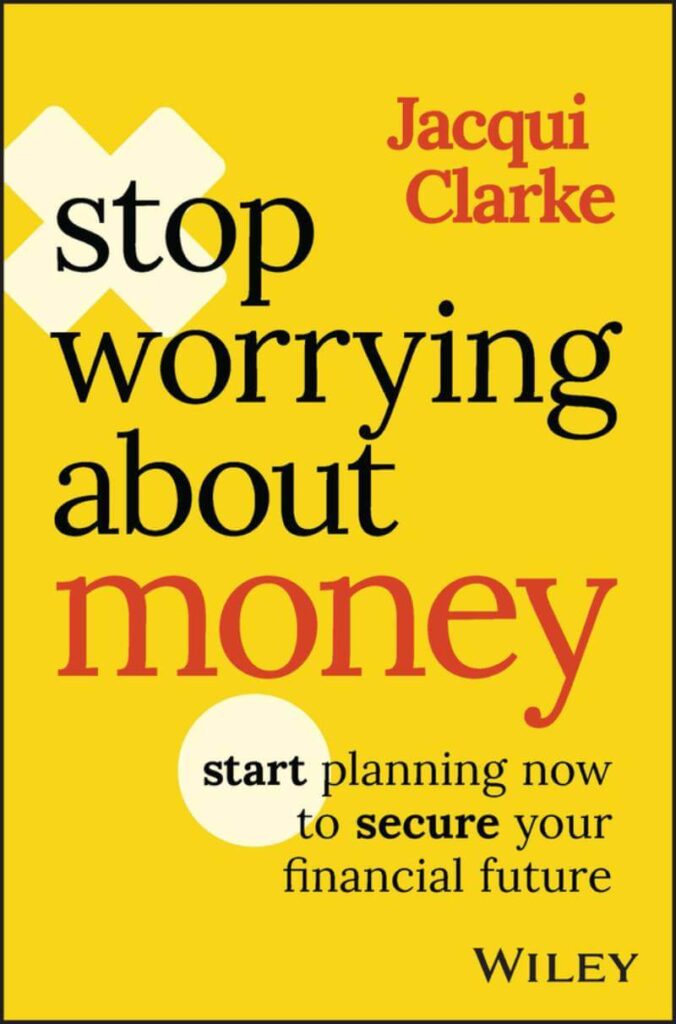Money is an essential part of our lives, and how we handle it can significantly impact our financial future. With the economy in flux, many people are feeling the pressure of rising living costs and interest rates. It’s easy to get caught up in the financial stress and worry about making ends meet. Unfortunately, many people also make significant money mistakes that can exacerbate the situation. Let’s dive in and discover how to navigate the current economic climate while avoiding these common money mistakes.
Mistake 1: wearing and driving your money
Trying to keep up with the Joneses (or is it the Kardashians?) is a common phenomenon. We often feel the need to wear the latest fashion, drive the fanciest car, and dine at the trendiest restaurants. However, this mindset can lead us down a dangerous path of overspending and accumulating debt. More than likely you buy things you don’t need with money you don’t have to impress people you probably don’t even like! The solution to this is to focus on what genuinely brings you happiness. Instead of spending money on things or experiences to impress others, you should be spending on things that make you happy. One of the ways to achieve this is by setting a budget and sticking to it. Using credit cards to purchase items beyond our budget is a slippery slope towards financial ruin.
For instance, instead of buying a new car every few years to keep up with the latest models, consider purchasing a reliable used car and saving the difference. This will help you avoid unnecessary debt and free up more money for other financial goals.
Mistake 2: doing nothing – financial procrastination
Some people are guilty of not paying enough attention to their finances. They go through life without any financial goals, plans, or budgets, simply letting their money come and go without much thought. This lack of planning can lead to overspending, debt, and an inability to achieve financial goals. This will keep you on the treadmill as a permanent wage slave.
The solution is to set financial goals for yourself and hold yourself accountable. Whether it’s saving for a down payment on a house, paying off debt, or building an emergency fund, having a goal in mind will help you stay focused and motivated. Create a budget that works for you and be sure to track your spending to ensure you’re staying on track.
For instance, if your goal is to pay off debt, create a plan for how you’ll tackle your debt, such as paying off the debt with the highest interest rate first. Then, create a budget that allows you to make extra payments towards your debt each month. This will help you achieve your financial goals and set you on the path to financial freedom.
Mistake 3: having no understanding of baseline cost of living
Many people lack a clear understanding of their baseline costs. Baseline costs refer to the minimum amount of money we need to cover our essential expenses each month. Without this knowledge, we may overspend on non-essential items and neglect our basic needs.
To avoid this mistake, take the time to calculate your baseline costs. This includes things such as rent or mortgage payments, utilities, groceries, transportation, and other essential expenses. Once you have a clear idea of your baseline costs, you can work on reducing them where possible to free up more money for savings and other financial goals.
For instance, if you find that you’re spending too much on groceries each month, consider meal planning and shopping sales to reduce your grocery bill. Or, if your rent or mortgage payment is too high, consider downsizing or moving to a more affordable area. Making these changes may not be easy, but they are necessary to achieve financial freedom.
Avoiding these money mistakes can be a significant step towards achieving financial freedom. It may take some effort, discipline, and sacrifices, but the rewards are worth it. Remember, it’s not just about what you have, but also about what you don’t have. By making the decision to live within your financial means, focusing on what truly matters and avoiding the pitfalls of overspending, debt, and financial neglect, you’ll be able to build a brighter financial future for yourself and your loved ones.

Jacqui Clarke FCA, FTI, GAICD, JP, author of Stop Worrying About Money (Wiley, $29.95), is a trusted adviser, board member, executor and veteran business executive. As a personal wealth and money management expert and over three decades of experience, 25 years at Deloitte and PWC helping high-net-worth families, individuals and business owners to build, manage and preserve their wealth. Her message is simple: with careful planning and effort, you can manage your money, so it doesn’t manage you.
Have you made any of these money mistakes? Do you have any others you would add to the list? Let us know in the comments section below.
Also read: Six biggest retirement financial planning mistakes
Disclaimer: All content on YourLifeChoices website is of a general nature and has been prepared without taking into account your objectives, financial situation or needs. It has been prepared with due care but no guarantees are provided for the ongoing accuracy or relevance. Before making a decision based on this information, you should consider its appropriateness in regard to your own circumstances. You should seek professional advice from a financial planner, lawyer or tax agent in relation to any aspects that affect your financial and legal circumstances.


It’s all very well giving these strategies to manage and save money, however the prices of most commodities including interest on a mortgage, rent, food electricity etc is rising all the time. For young people with a family, it is nearly impossible for them to stay afloat let alone save money.